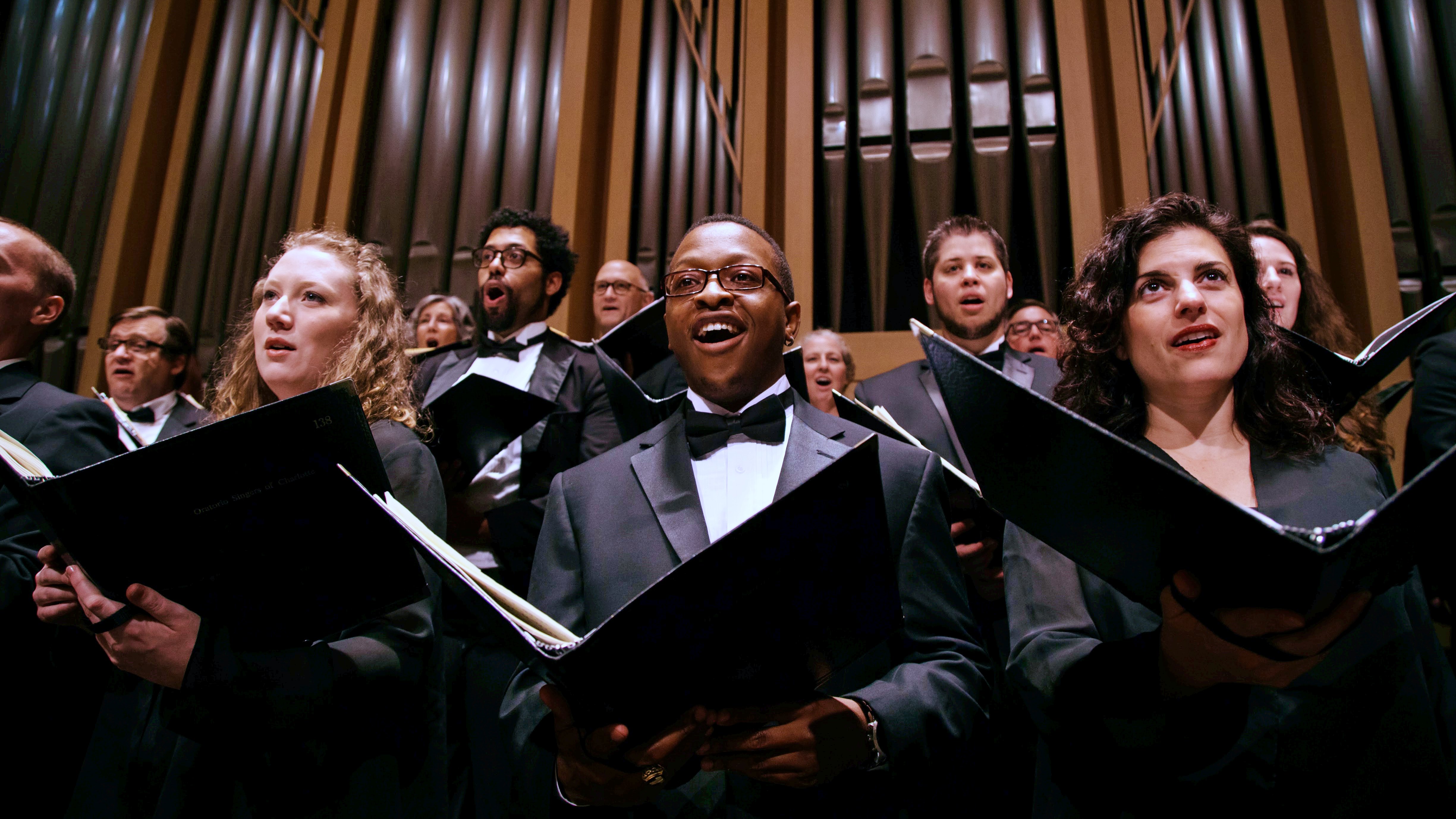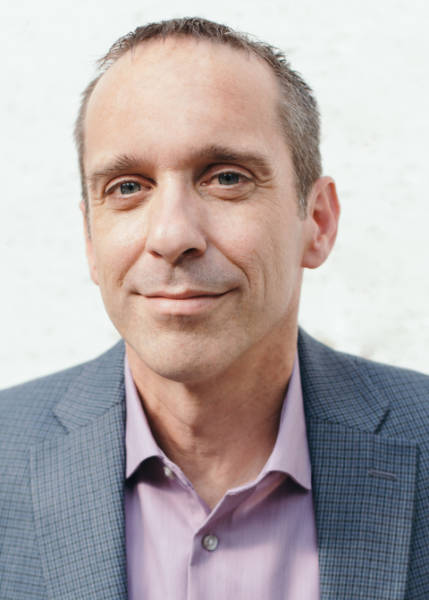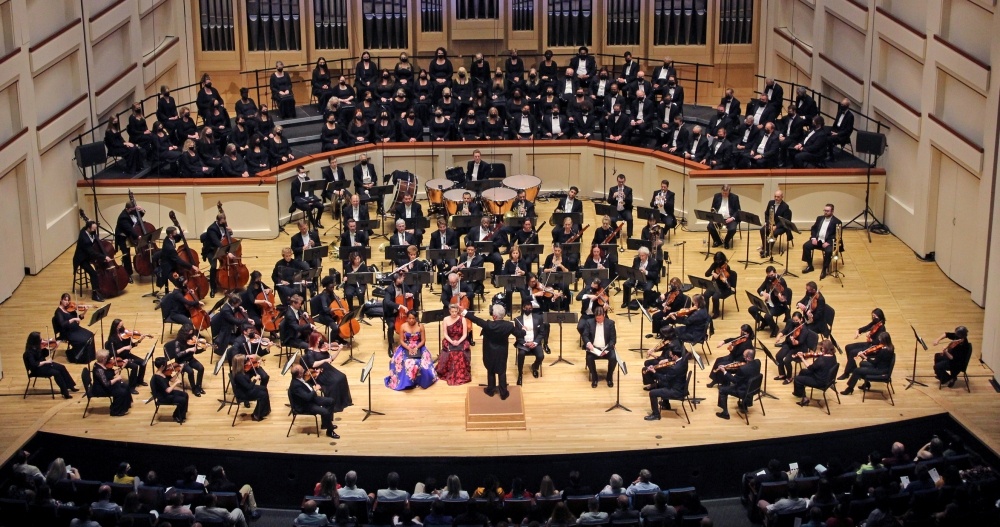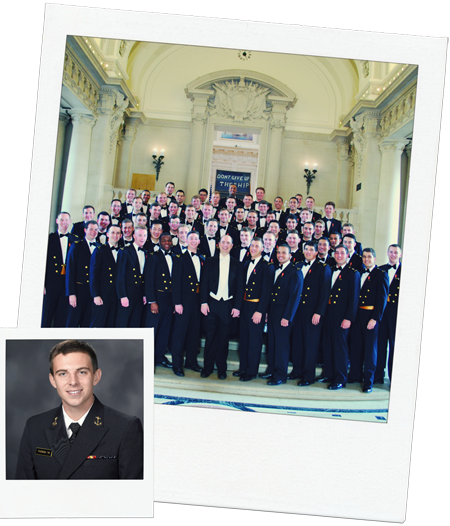So apparently, you can't believe everything you read online after all.
Most performance notes found on the web of Herbert Howells'
Requiem (which the Oratorio Singers of Charlotte perform this Friday February 25, 8:00 p.m. at Myers Park Baptist Church) relate the same tale of how Howells composed the eloquent and moving work in 1935 after the death of his young son, Michael. Poignant. Tragic. And yes, his son did pass away in 1935 at the too-young age of nine. Howells, though, had written
Requiem three years earlier.
Herbert Howells, born in 1892, was regarded as something as a composing prodigy and upheld as one of the great hopes of English music. He had his share of troubles along the way, including his own near-death experience, the death of his son, and a sensitivity to criticism that caused him to stop writing for nearly a decade. In the end, though, he helped define and advance the voice of English classical music, particularly that of the Anglican church. He also provided us with the moving
Requiem, a work full of texture, subtlety and emotional depth.
Howells shared a musical sensibility with Ralph Vaughan Williams. A September 1910 concert in Gloucester Cathedral included the premiere of a new work by the then little-known Vaughan Williams. Howells not only made the composer's personal acquaintance that evening, but the piece, the
Fantasia on a Theme of Thomas Tallis, profoundly moved him. Howells and Vaughan Williams met again, and after the First World War, their acquaintance deepened into a lasting friendship. Howells studied at the Royal College of Music under C.V. Stanford, Hubert Parry and Charles Wood. (Works by both Vaughan Williams and Wood are also featured in the Oratorio Singers program, as is a piece by the decidedly-non-British Johannes Brahms.)
In 1915, Howells was diagnosed with Graves' disease and given six months to live. He became the first person in the country to receive radium treatment. His doctors had no idea how much to inject into Howell's thyroid. They stopped treatments when his neck showed signs of radioactive burns. Howells lived for another 70 years.
Despite his prodigious compositional abilities, Howells was plagued by a disabling sensitivity to criticism. After a hostile reception to a performance of his second piano concerto in 1925, Howells simply stopped composing. By 1932, though, he had written
Requiem, which was commissioned by King's College, Cambridge. Howells never sent the completed work and
Requiem remained unknown for nearly five decades. In the months after his son's death three years later, Howells was unable to write. The following year, though, he used material from the previously unaccompanied
Requiem to compose another work,
Hymnus Paradisi for soloists, chorus and orchestra.
So, how did the misconception about the
Requiem develop? In 1980, an unreleased, undated
Requiem for unaccompanied chorus was discovered. According to
Dr. Robert Michael Istad, Associate Professor of Music at Cal-State Fullerton, who studied Howells for his doctoral dissertation, "It shared a significant musical connection with
Hymnus Paradisi, which had first been performed in 1950
. Howells, then elderly, indicated that this unreleased work was the inspiration for
Hymnus Paradisi. The work immediately became popular throughout the choral community. Unfortunately, many assumed that the delayed release of
Requiem indicated personal struggle and profound grief. Printed materials began to relay a connection between
Requiem and Michael's death as fact, and Howells was too ravaged by senility to engage in fruitful discussion."
Herbert Howells Trust acknowledges that Howells wrote
Requiem in 1932 and incorporated some of its material into
Hymnus Paradisi, which he did complete in memory of his son in 1938. Mystery solved. But does the fact that Howells didn't write this
Requiem while grieving over his son's death change the way we listen to it? Does the context of a composition change how we hear it? If, for example, we learned that Beethoven had his full hearing ability when he composed his
Ninth Symphony, would that change our response to it? We like context. Our understanding of art is given meaning by our understanding of the artist. Besides, we just like to know where things come from, and if there is a good story behind it, so much the better.
In music, interestingly enough, this context serves us best when contemplating or discussing a work, but not when actually
listening to it. When we listen, the music stands alone. During a live performance of a musical work, the composer, the context, and the story behind it all melt away and there remain only the performers, the music, and the listener. Further, if we as a chorus do our job well, even we "disappear" and what is left to the listener is simply the music. With Howell's
Requiem, what is left is a work of sheer beauty.
While rooted in the past traditions of English music, Howells was not afraid to experiment outside of traditional tonality. He did so to great effect in
Requiem. Like Faure's
Requiem, Howells' is restrained--but it is richer harmonically with a rapt, almost hushed intensity and a more pointed sense of grief and loss. Only two movements use the traditional words of the
Requiem as Verdi or Mozart employed them. The others are in English, based around
Psalm texts. Throughout the work, Howells moves us between pleas on our own behalf and those for the ones who have gone before us.
Regardless of the context of its origins, Howells'
Requiem is ineffably beautiful. Mournful, pleading, and ultimately, dare we say it, hopeful--or at least peaceful--it is a work full of rich harmonic texture and immense emotional depth. We hope you will be able to come and hear it.





 What moment
What moment 






